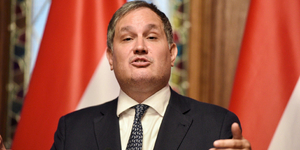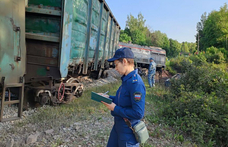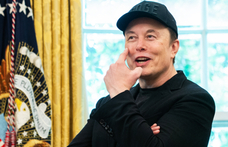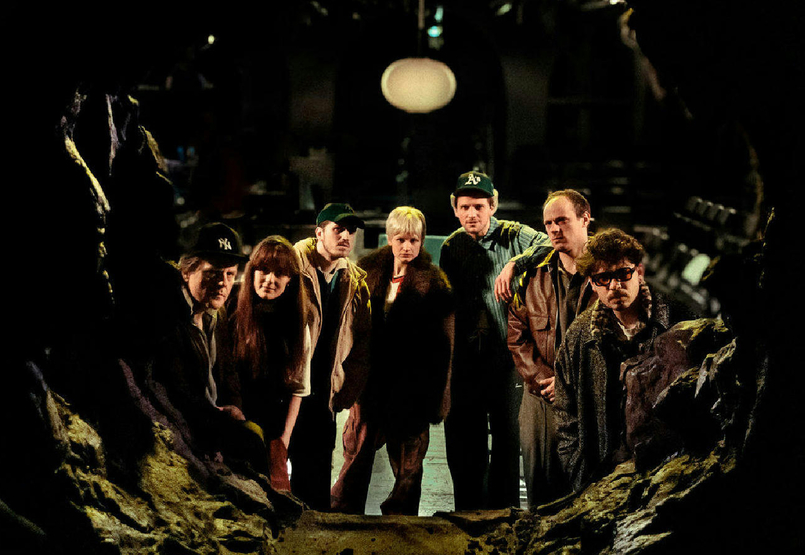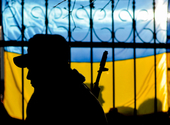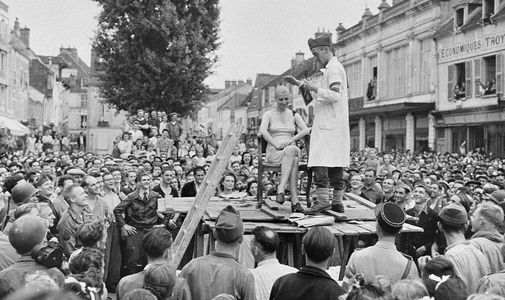For the Hungarian speaking region
What about the next months?
The next few months in Hungarian politics are going to be very interesting. If the coalition wins, then it will have to dig the country out of the hole it spent the last four years leading the country into. If Fidesz loses, the party will face structural and personnel changes. If Ibolya David sticks to her current possition, adopting the role of a constructive opposition, then she will be in a dreadfully lonely position.
Capital reconstruction
In 1982, I wrote an article commemorating the 75th anniversary of Frigyes Podmaniczky's death, in which I bemoaned the absence of an old-style Metropolitan Works Council (FKT). The article was picked up upon by the leaders of the Metropolitan Council. Three years later, Laszlo Siklossy's outstanding work "How Budapest was built" about the FKT's first sixty years, was reissued. The publisher asked me to write an afterword. When I submitted it, the publisher said: "This is no afterword! This is a manifesto!" I explained this was all I could offer. The book appeared several months later, without my afterword.
Slight advantage for the left
"We have to reach a deal with the MDF at all costs," Viktor Orban was told by several local party leaders, the HVG has learned. Even Viktor Orban himself cannot be allowed to get in the way. The first round of the elections brought the Socialist party and its coalition party a slight advantage.
Interview with Balazs Babel
"A Christian who does not vote is a sinner," claims Balazs Babel, Archbishop of Kalocsa-Kecskement. The 56-year-old priest, who does not deny his party bias, believes a good Catholic is a right-wing voter, and only someone who suffers from "an inconquerable ignorance" votes for the Left. Babel also defends the the antisemitic Bishop Ottokar Prohaszka.
Expurgated catastrophe communication
Moral regime change cannot be completed until all the Chernobil files have been released. Unfortunately, many of the people referred to in them are still with us. The files should be opened up: Hungarians have the right to know who was responsible for the way in which the world's worst ever nuclear catastrophe was dealt with here in Hungary.




